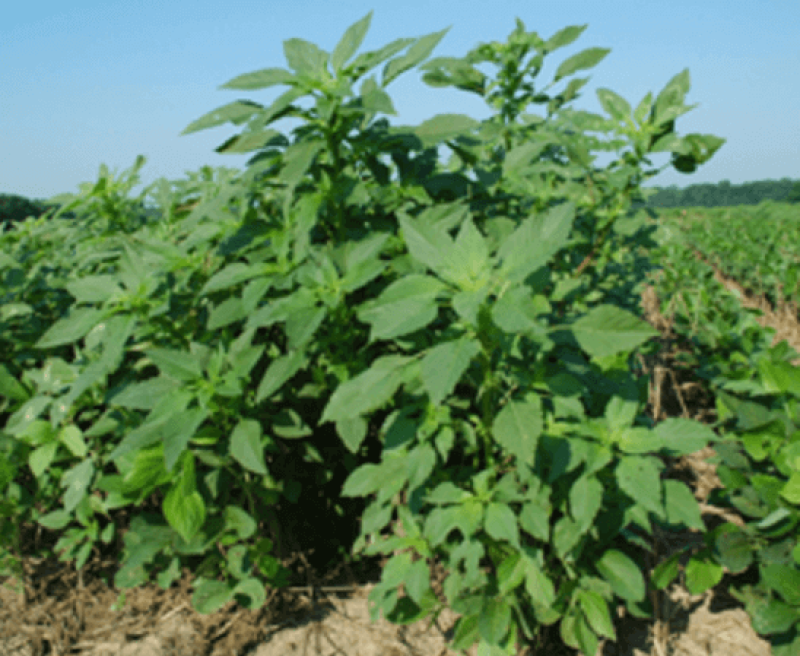Editor’s Note: This article features a talk given by Peter Sikkema, researcher at the University of Guelph’s Ridgetown Campus on the evolution of weeds resistant to the herbicide glyphosate, also known as Roundup.
The herbicide kills most plants, but the Roundup Ready crops were given a built-in mechanism preventing them from being affected by glyphosate. Roundup was the holy grail for farmers, a herbicide they could use to kill virtually every plant except those they specifically planted.
But over the last few years Ontario has seen a rise in … weeds that, even with significant applications of Roundup, can still grow and reproduce. The problem is they’re spreading faster than expected, and are severely hurting agricultural yields across the province.
…
The most likely cause for resistant plants falls on farmers themselves. Sikkema quoted Dr. Michael Owen in his presentation:
The evolution of glyphosate-resistant weeds is not a problem with the herbicide … [but] developed because of the way we used glyphosate.
And Dr. Pat J. Tranel, the professor from the University of Illinois who emailed Sikkema last year: “We found that grower management practices were the number one factor that influenced the selection for glyphosate resistant waterhemp on individual farms.”
In other words, overuse of Roundup likely fast-tracked variations of ragweed, waterhemp, and Canada fleabane. It doesn’t mean all farmers overused the product, but some certainly did.
The GLP aggregated and excerpted this blog/article to reflect the diversity of news, opinion, and analysis. Read full, original post: Farmers scrambling for solution to herbicide-resistant weeds































